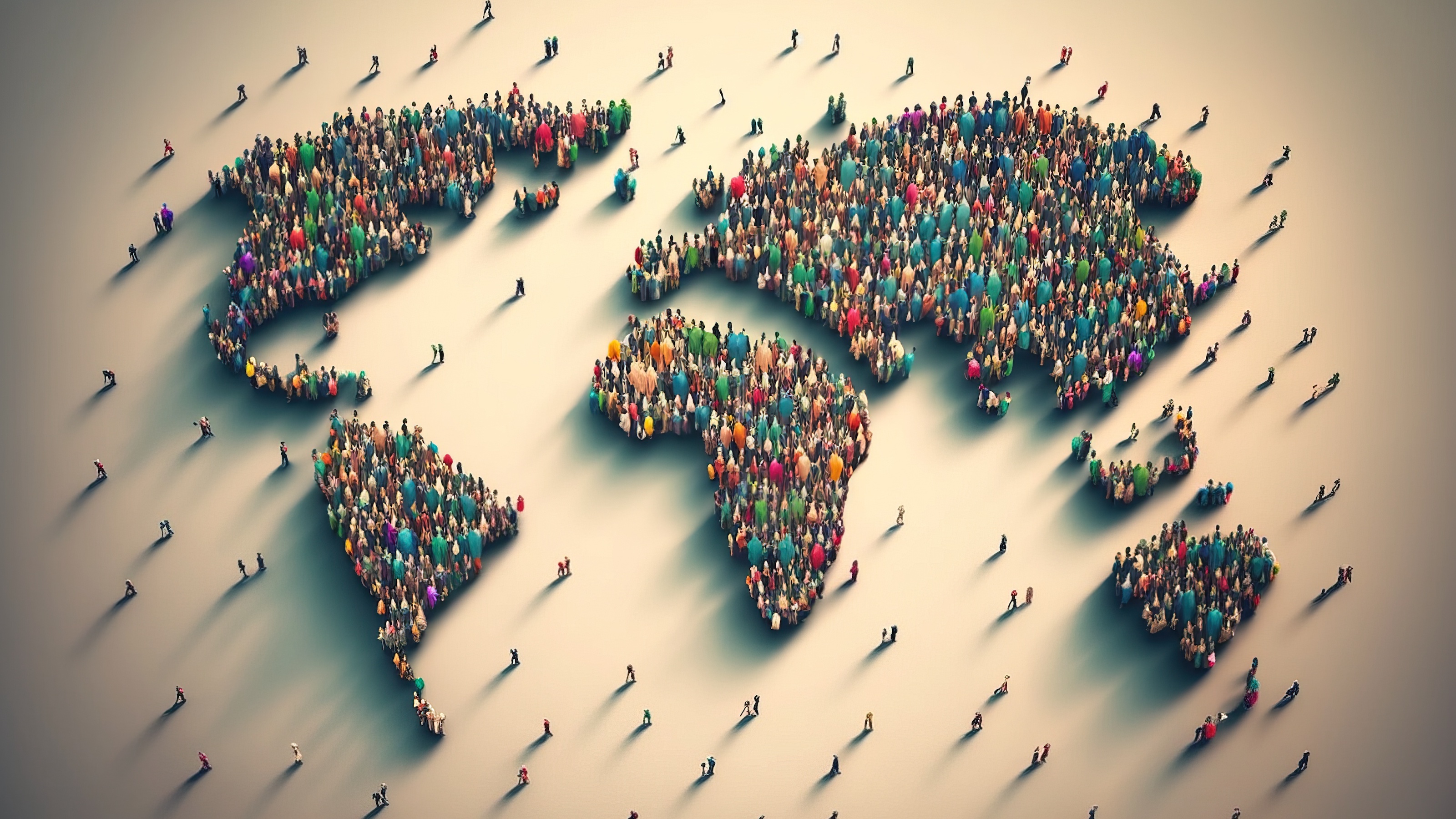Jeffrey Sachs: One of the astounding facts of our time is the gusher of wealth going to the very top; of the wealth distribution in the world. It's mind-boggling.
Mind-boggling to think about Jeff Bezos, for example, with a net worth—personally, individual net worth of…
hold onto your chair, how about $163 billion? That's a lot of money. I am myself an Amazon user. I think it's an awfully good service and product that he's developed, but $163 billion in a world where a lot of his workers struggle to get by, a lot of the people in Seattle (where Amazon is headquartered) are homeless, where there are incredible needs, that a tiny fraction of that wealth could keep millions of kids alive and in school. You have to say, "All right, world economy is dynamic, but it's not really exactly fair, and it's not really oriented towards addressing everyone's basic human rights and needs."
What's happened to the wealth at the top, it's amazing. Back in 2006 there were about 700 billionaires or so, that was a lot, and they had a net worth, if you added up all of their stocks and bonds and other assets, of something on the order of about $3 trillion, and we'd sit there and say oh my god can you imagine this? And in just a dozen years — a dozen years! Even in a dozen years with a mega financial crisis in between, the billionaires went from about 700 or so to now 2,208 on the most recent Forbes magazine list of billionaires. And their net worth went from around $3 trillion, which was absolutely mind-boggling to begin with, to $9.1 trillion at the start of 2018 when Forbes published the list, and now almost surely well above it $10 trillion, including this phenomenal wealth of Mr. Bezos the richest person in the world, but many others. Now Bill Gates, who is far and away the world's leading philanthropist because he was long the richest person in the world and he and Melinda Gates very rightly, generously, wisely, boldly, in a visionary way, said, "We're going to give this away," created the biggest foundation in the world: the Bill and Melinda Gates Foundation.
They've been putting in several billion dollars a year to fighting disease and doing a fantastic job. But consider this, in 2010 Bill Gates called on other billionaires join in and make a pledge, called A Giving Pledge, to give away at least half of your wealth during your lifetime. And Bill Gates took that pledge himself. At that point his net worth was about $50 billion. He's been giving away roughly $4 billion a year since then, and you might think his net worth has gone down a bit given that generosity, but his net worth now is $93 billion.
So the wealth is such a gusher that you could give billions away and it just keeps growing and growing and growing beyond anything that most of us mortals can even imagine.
What I know — as an economist that has worked all over the world, including in the poorest places in the world — little bits can save lives and make futures for the children of this world at unbelievably low costs, and it just gets me that we have $10 trillion here and we have kids who are hungry, dying and out — no school over here, and can't we make the connection? And the answer is we have to.
So my thought is at a minimum $10 trillion, come on! And put in at least one percent. That's such a tiny amount because your wealth grows at much more than that — put in 1 percent of your net worth, per year, minimum, to help the kids. One percent of $10 trillion is $100 billion. And if you take out your paper and pencil — or your Excel spreadsheet — you can show that for $100 billion a year, 1 percent of the net worth of just 2,208 individuals, you could get every kid in school all the way through upper-secondary education and you could establish universal health coverage for everybody in every low-income country in the world. That's a pretty good gig for 2,208 people, but they've got to get on with it. I think they have enough yachts, enough mansions, enough of everything, and it's really time for that wealth to be deployed for the purposes of our generation, of children who utterly and desperately need it. And I say do it voluntarily, or if you don't do it voluntarily, fine: we'll put on a levy, and SDG levy, a Sustainable Development Goals levy of 1 percent of your net worth, because we're going to get this job done. We're going to get every child healthcare. We're going to get every child into school.






